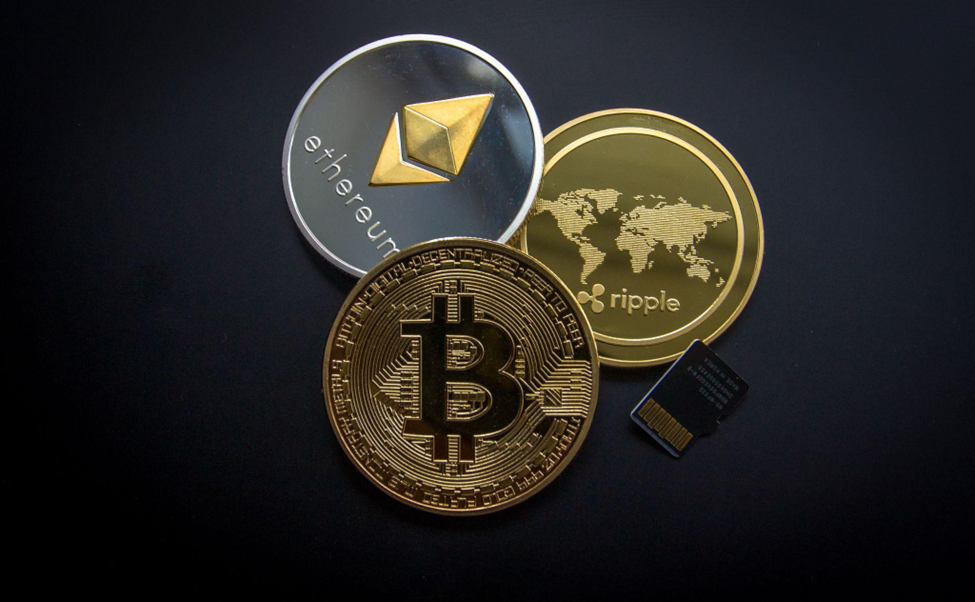The fintech frenzy has finally come to a close, and everyone is starting to feel the pain. After a decade of nearly unfathomable growth, the fintech industry has gone from full steam ahead to a languid trot. While fintechs aren’t the only ones seeing a decline in investment dollars and growth, they appear to face even greater obstacles than other sectors. So, what’s happening in the fintech world, and is there a light at the end of the tunnel?

Investors dial back on fintech, but not completely
Investments in fintech still showed signs of life in 2022, with just over 30 billion dollars invested in 983 companies as of mid-July. At the same time, it’s a far cry from the 121.6 billion dollars pumped into fintechs in 2021. Investors still seem to favor fintech over other sectors. While there’s certainly been a slowdown in fintech (and broadly among venture capital investments), the long-term future looks bright, with the question becoming if and how fintechs will evolve.
Neobanks
Over the last five years, neobanks have been at war with brick-and-mortar banks, building a world where consumers can do their banking entirely online. Since hitting the scene around 2016, neobanks have grown exponentially and are projected to continue their expansion at a rate of over 50% annually through 2030.
Despite their rapid rise to fame and success, neobanks’ battle to replace traditional banks is far from over. For starters, most neobanks struggle to turn a profit. The obsession with customer acquisition has come at a cost, and while it’s an essential part of raising money, it simply isn’t a sustainable model in the long term. Now, investors are thinking twice about pumping more money into digital banks whose profits (if any) leave little to be desired.
So, will neobanks survive? Probably, but their challenges aren’t likely to end anytime soon. Even Forbes can’t seem to decide what the future holds for neobanks, publishing a pair of articles titled „The End of the Neobank Era?” and „Neobanking is Here to Stay” within just six weeks of each other.
JPMorgan doubles down on its investment in payments
On September 12th, JPMorgan continued its foray into fintech with the acquisition of Renovite Technologies, a California-based payments processing company. JPMorgan, long one of the leading institutions in financial services and investment banking, is investing aggressively in building its proprietary payments processing, known as JP Morgan Payments. Payments seem to be the beacon of hope for fintech during this downturn, and while they’re not glamorous, they’re probably one of the most sensible investments in a volatile environment.
Crypto slump continues
Cryptocurrencies boomed in 2021, but 2022 has been a far different story. In just 30 days, the cryptocurrency economy witnessed over 100 billion dollars vanish, as nearly every digital currency absorbed heavy blows. So far this year, Bitcoin and Ethereum have lost roughly 55% of their value, while smaller cryptocurrencies like Cardano and Solana are down 64% and 78%, respectively.

Dubbed the „crypto winter,” digital currencies have shed over 2 trillion dollars since reaching record highs in late 2021. But, investors fear this bear market might be different due to challenging economic factors such as high inflation, market volatility, and the lingering possibility that central banks will start issuing their own digital currency.
Lagarde shuns crypto, ECB presses on with digital euro
European Central Bank (ECB) Chief Christine Lagarde’s message is clear – stay away from cryptocurrencies. According to the head of the ECB, cryptocurrency is „…worth nothing…it is based on nothing.” Instead, Lagarde pointed toward the value of a digital euro, which would serve as a supplement to paper money.
Lagarde also said, „Private providers cannot truly replicate the role of central bank money” and warned against the risk of big companies abusing their power and leveraging it to exercise control over the European payment markets.

Currently, the ECB is continuing its analysis of a digital euro, with its investigation phase planned to run through the autumn of 2023.
Fintechs still downsizing amid market volatility
The fintech hiring frenzy is officially over. Firms fighting for new talent and paying top dollar only a few months ago have completely changed their tune and are now making cuts to their staff.
Crypto firms like Blockchain.com, BlockFi, Coinbase, Crypto.com, Gemini, OpenSea, and many others have slashed employee headcounts to stay alive. The crypto crash made waves elsewhere in fintech, including at Robinhood, which laid off 23% of its staff in August.
Klarna continues dominance of BNPL
Despite a bumpy ride, Klarna is still sitting atop the kingdom of buy now, pay later (BNPL). After mass layoffs in May and a massive hit to its valuation, Klarna still owns 70% of the European market, well ahead of the number two BNPL provider, Clearpay (aka Afterpay).

Klarna shouldn’t get too comfortable yet, though. Pre-tax losses for the Swedish-based BNPL firm in H1 2022 totaled 6.2 billion krona (roughly 581 million euros), an increase of nearly 30% compared to the prior year’s period.
Fortunately for Klarna, its losses and crippled valuation only tell part of the picture. The firm generated nearly 1 billion euros in revenue, a 24% annual increase. Whether or not Klarna can rein in its operating expenses and reconcile heavy losses remains to be seen.


